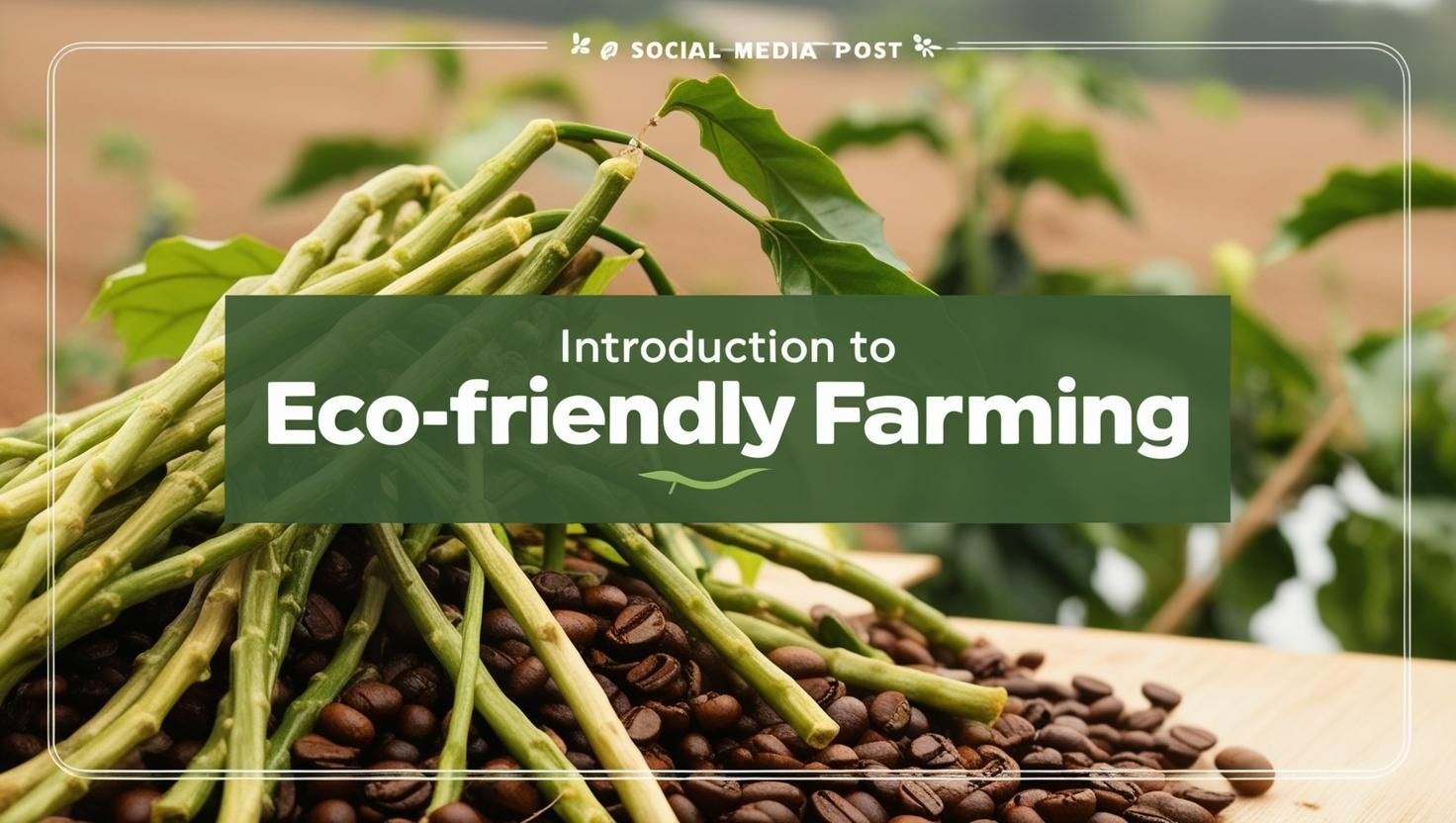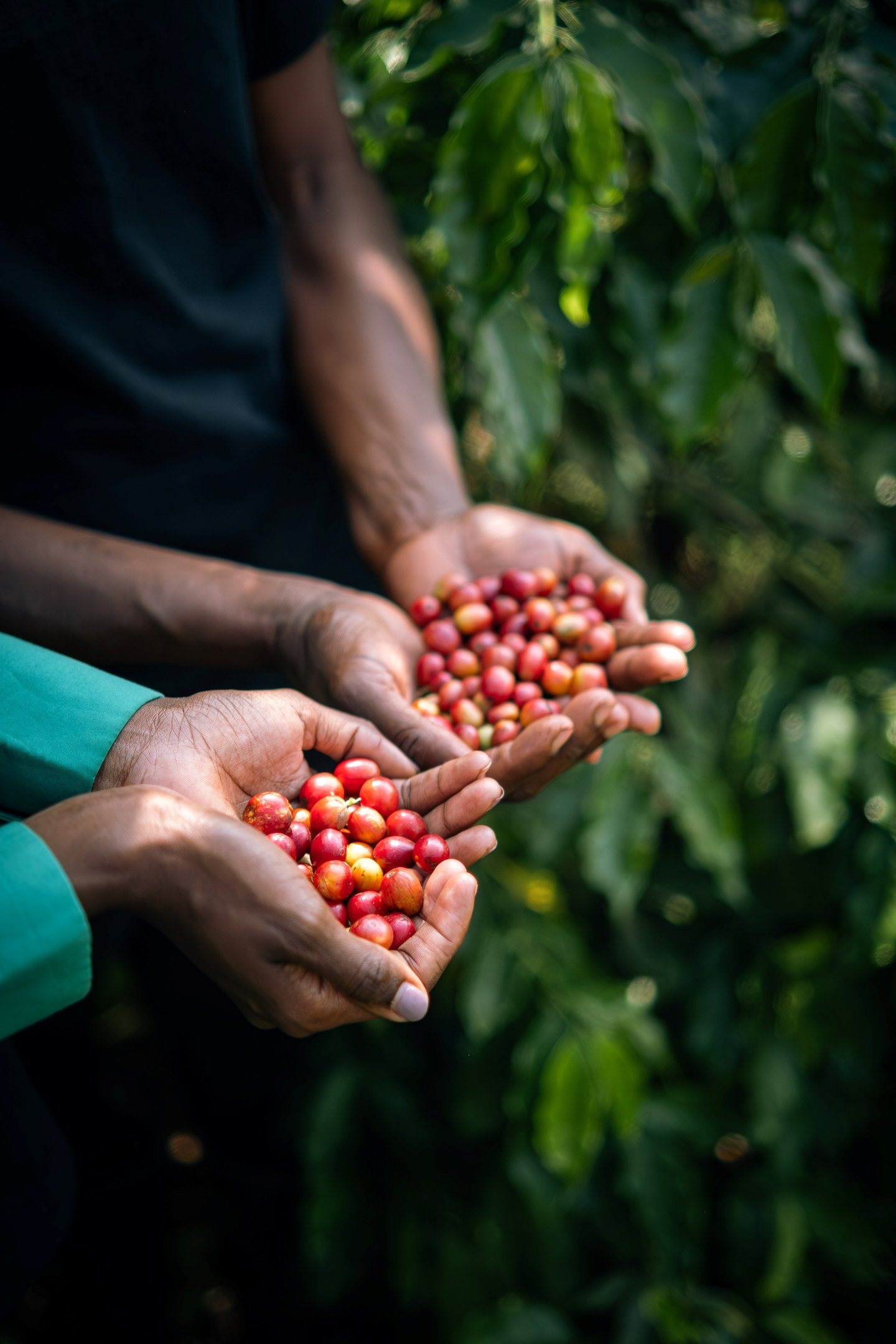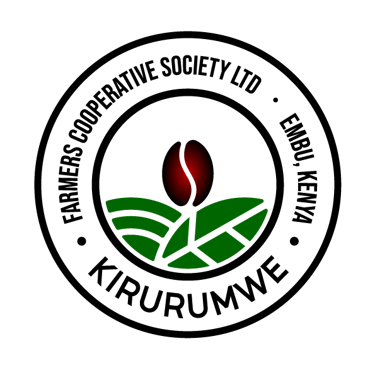Introduction to Eco-friendly Farming: Exploring Korean Natural Farming
ECOFRIENDLY FARMING


Introduction
At Kirurumwe Farmers Cooperative Society, we are dedicated to empowering our farmers with sustainable and innovative agricultural practices. That’s why we’re excited to introduce Korean Natural Farming (KNF)—a natural, eco-friendly approach that leverages indigenous microorganisms (IMO) and organic inputs to enrich soil health, boost crop yields, and reduce environmental impact.
What is Korean Natural Farming?
Korean Natural Farming (KNF) is an innovative approach to agriculture that emphasizes the importance of utilizing local resources and living organisms to nurture crops. Developed by Master Cho Han Kyu in the 1960s, KNF integrates sustainable farming practices with ecological principles. The primary aim is to create a self-sustaining agricultural environment that maintains soil health, enhances biodiversity, and reduces reliance on chemical fertilizers and pesticides.
It is a holistic, sustainable farming system designed to create healthy soil ecosystems. It focuses on:
Minimal soil disturbance to preserve beneficial organisms
Cover crops and organic matter to enhance soil fertility
Natural fertilizers and pest control methods instead of synthetic chemicals
By harnessing the power of beneficial microorganisms, KNF promotes a self-sustaining environment where crops can thrive naturally.
Benefits of Eco-friendly Farming Practices
Eco-friendly farming practices, such as KNF, provide numerous benefits for both the environment and farmers. Firstly, adopting these practices leads to healthier soils, rich in organic matter and beneficial microorganisms. This, in turn, results in improved crop yield and quality without the adverse effects commonly associated with synthetic farming methods.
Moreover, Korean Natural Farming promotes biodiversity on farms, allowing various crops to thrive in harmony within the ecosystem. This biodiversity not only enhances resilience against pests and diseases but also encourages natural weed control. Incorporating local crops adapted to regional climates can significantly reduce resource usage, thereby lowering operational costs for farmers.
Another significant benefit is soil water retention and drought resistance. The organic matter in KNF-enriched soil helps retain moisture, making crops more resilient to unpredictable weather patterns and reducing reliance on irrigation.
Additionally, KNF minimizes environmental pollution by eliminating chemical runoff that contaminates water sources and disrupts ecosystems. By using natural fertilizers and fermented plant extracts, farmers can maintain productivity without harming surrounding land and communities.
Furthermore, engaging in eco-friendly practices can enhance the marketability of agricultural products. As consumer awareness regarding the impact of conventional agriculture rises, the demand for organic and sustainably-produced goods continues to surge. By adopting KNF, farmers can cater to this growing market, thereby increasing their profitability and sustainability in the long run.
Training Farmers in Korean Natural Farming
Our initiative to train farmers in Korean Natural Farming stems from a commitment to fostering sustainable agricultural practices that can mitigate the environmental impacts of conventional farming. By educating farmers about KNF, we empower them to adopt techniques that are both eco-friendly and economically viable.
The training includes practical workshops that cover the essential components of KNF, such as the preparation of natural solutions like the indigenous microorganisms and fermented plant juices. We also provide guidance on soil management techniques that maximize productivity while preserving the land.
Through our training, we aim to cultivate a new generation of farmers who are equipped with the knowledge and skills necessary to implement sustainable practices. By adopting Korean Natural Farming, these farmers can enhance their resilience to the challenges posed by climate change while promoting a healthier ecosystem.
In conclusion, the introduction of eco-friendly farming practices, particularly Korean Natural Farming, provides an effective means to shift towards sustainable agriculture. It protects the environment, increases crop productivity, and ensures farmers can thrive in a competitive market. Our training initiatives serve as a vital step in this direction, fostering awareness and enabling farmers to embrace sustainable practices that benefit both their communities and the planet.
📢 Coming up next: A deep dive into the principles of Korean Natural Farming—learn how these techniques can transform your farm naturally! Don’t miss it!






